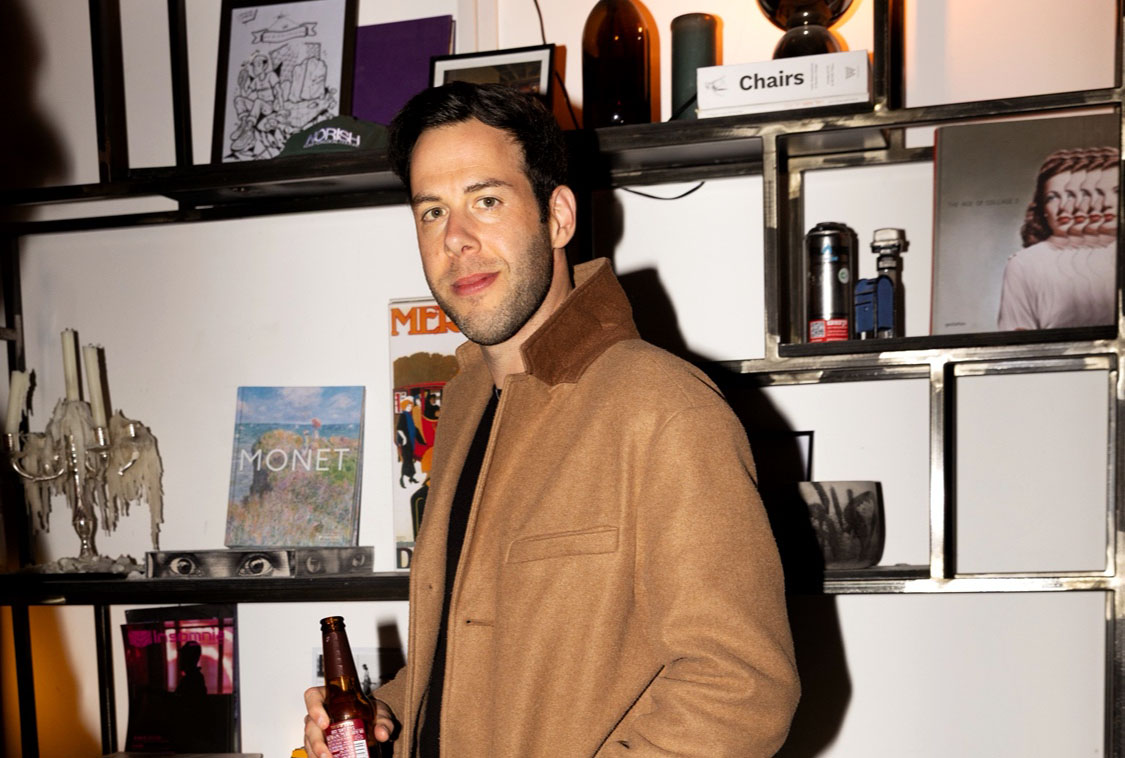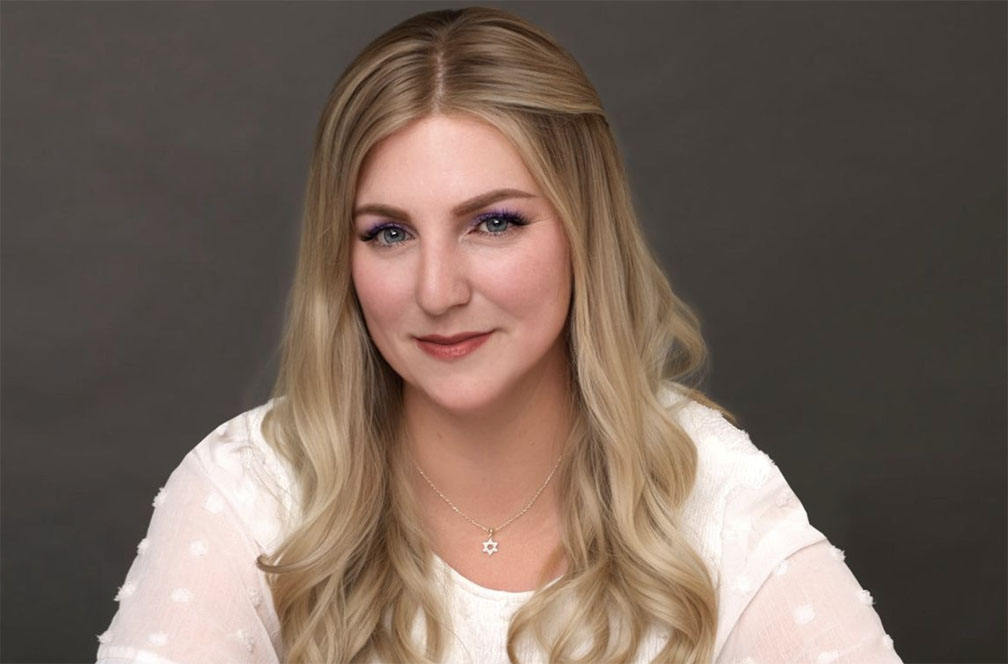
Hating Ultra-Orthodox Jews has become an acceptable face of Jew hatred in the U.S. In one of the most egregious examples in 2022 and 2023 the New York Times mobilized massive journalistic resources to write an 18-part series (yes, 18 parts, with many multi-page articles!) on how the privately funded Haredi schools in New York City are the worst thing to ever happen in the history of education in the city, in the world, in the galaxy. At the same time the NYT had nary a word to say about whether the New York public school system is effectively teaching students using taxpayer money, a reasonable question and comparison. It is not an exaggeration to say that all but a few of the 21st century’s wars received less coverage than the Haredi schools. The series was drenched in antisemitic inferences and dog whistles such as Jews “influencing politicians,” dismissing responses as not in good faith, speaking to the few critics in the community but not to the overwhelming majority, not endorsing the NYT narrative. It was also published at a time of dramatically rising violent antisemitic attacks in Brooklyn, which concomitantly received sparing coverage. Finally it came out in a general context of support or at the very least tolerance for minority communities, like the Amish, or indigenous groups, who seek to sperate themselves from others.
But it is not only Americans (Jews and others) who demonize the Haredi. The new head of Israel’s Labor Party, Yair Golan, who aspires to become Israel’s Prime Minister, called the Haredim “a parasitic population.” This was only one example of the many negative comments he has made about them. Nor is he alone; many other secular Israel politicians make vilifying statements about the Haredim.
In Israel in particular, some of the animus towards the Haredim is understandable. Most Haredi men do not do military service and many work in an untaxed manner. This arrangement dates to the creation of the State of Israel and is based on the Haredi leadership’s view that they serve the country through learning Torah. This is disputed not only by secular Jews but by other religious Jews who claim that learning Torah does not exempt oneself from the duty to protect the country or get a job. Nevertheless this status quo remains in place. But even more shocking than the military exemption is the mocking of army service itself on the part of some Haredi leaders. After Oct. 7, Rabbi Simcha Bunim Schreiber, the head of one of the leading Haredi yeshivas, said people should not feel more gratitude to IDF soldiers than to garbage men. Rabbi Dov Landau, a rabbinic leader from Bnei Brak, a major Haredi center, said that Haredim should not devote any time to assisting the IDF as it takes away from Torah study. It’s hard to get more insulting than this.
Indeed beyond the animus and prejudice, most observers mainly see a population with unusual dress and who keep to themselves. Just who are the Haredim and what do they actually think about their others?
Into the breach steps Tuvia Tenenbom, who spent a year with his wife Isi living, praying, singing, befriending and being befriended in two of the major Haredi communities in Israel, Mea Shearim and Bnei Brak. His book, “Careful, Beauties Ahead!,” was a best seller in Germany and in Israel. Tenenbom also wrote the English translation. Appropriately, the title of the book in Germany was “Gott spricht Jiddish” (God speaks Yiddish). Tenenbom, who was born into a Haredi family (though he left it as a young man), speaks fluent Haredi Yiddish. This allowed him to chat to Haredim and for the Haredim in turn to open up to him in a way they would not to other “visitors.” The book consists mainly of these conversations. Tenenbom makes the reader feel like his traveling companion.
And it is a fun journey with many laugh-out-loud moments, not something I often do reading a book. Tenenbom is one of the few modern gonzo journalists who does not place his own agenda first and foremost but listens to the people he is interviewing. And he also lets his subjects interview him, if they wish, which also turns out to be pretty funny. The book was a best seller in Israel and Germany, and for good reason.
Spoiler alert — it turns out that the Haredim are a lot like everybody else. By letting us get to know the Haredi world on its own terms, we learn that they have the same struggles as most other groups. They sometimes suffer from bad leadership, or from tiny splinter factions who besmirch the whole group. We learn about the Haredi anti-Zionists who reject all state institutions and all sorts of different mischief-makers that plague the community by aggravating tensions with other Israelis and fostering public disorder. In some cases, Tenenbom names the leaders of some Hasidic courts where the rebbe (rabbinic leader) in question takes the divine right of kings to heart, leading to disturbing levels of authoritarianism.
Spoiler alert — it turns out that the Haredim are a lot like everybody else. By letting us get to know the Haredi world on its own terms, we learn that they have the same struggles as most other groups.
Yet, as Tenenbom’s companion we also experience the warmth, busyness, diligence, loyalty, dedication to family, humor and deep faith of the community. We also meet a community that values learning for learning’s sake and not as a tool or a way to get ahead. The reader understands why Tenenbom falls in love with the Haredim. We readers may not fall in love, but Haredim become much less “the other” and more just like us.
“Careful, Beauties Ahead!” can be read in two ways. First, just for the fun of it. And there is a lot of fun. While Haredim may appear solemn to outsiders, they are happy to tell a joke, engage in humor and tease back a questioner. Haredi humor, in turns out, has the same anti-authoritarian, satirical and mocking nature as the best of Seinfeld — a revered rebbe could be the punchline of the joke. They also know how to drink alcohol, which they often do while Tenenbom is sipping his Coke Zero—a drink that appears so often, it should be credited as a supporting actor. The second way to read the book is as a meditation on how any community works, seeks to maintain its way of life, and responds to stimuli. You may come for the laughs, but the rest will linger with you.
Scott A. Shay is the author of “Conspiracy U: A Case Study” (Wicked Son, 2021) and “In Good Faith: Questioning Religion and Atheism” ( Post Hill Press, 2017). His essays and reviews have appeared in numerous publications.

































